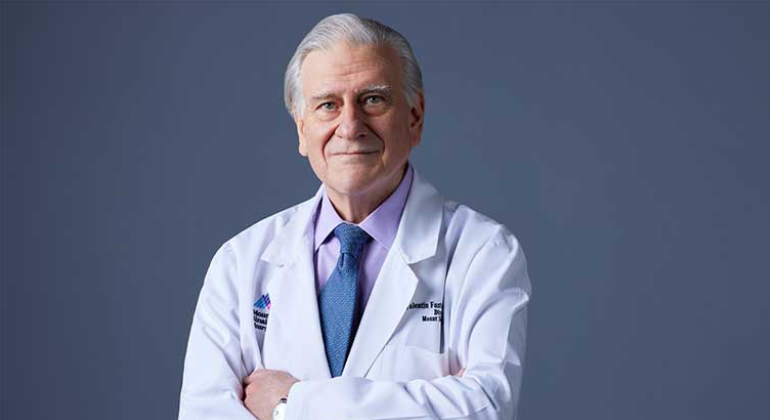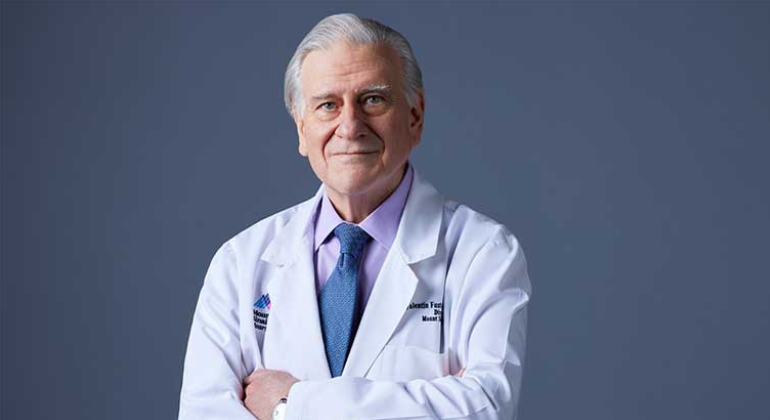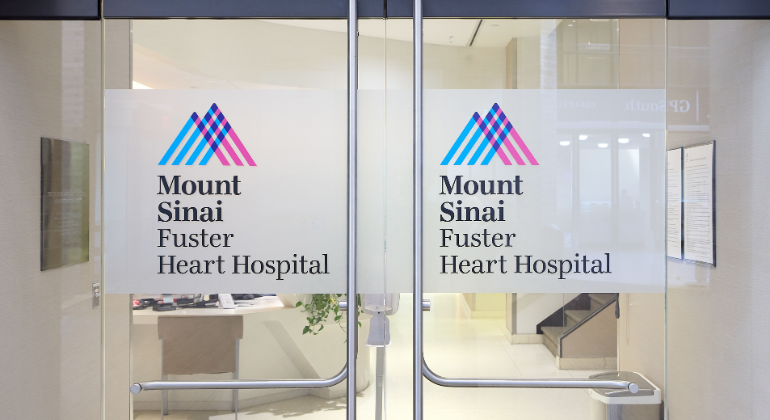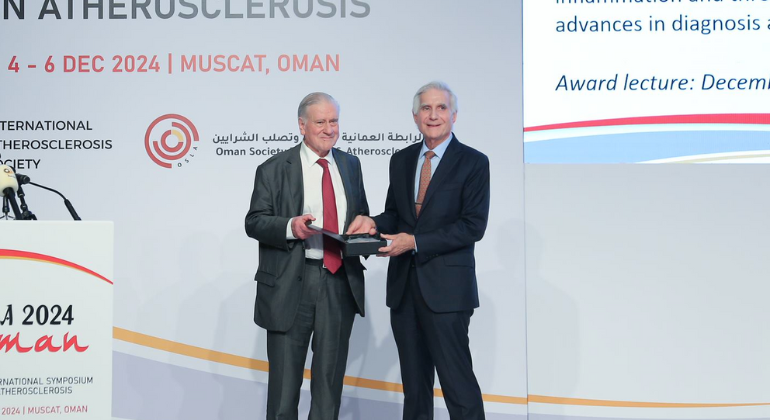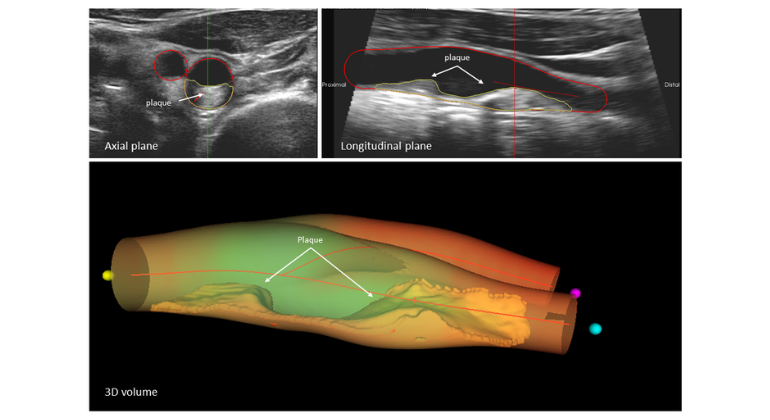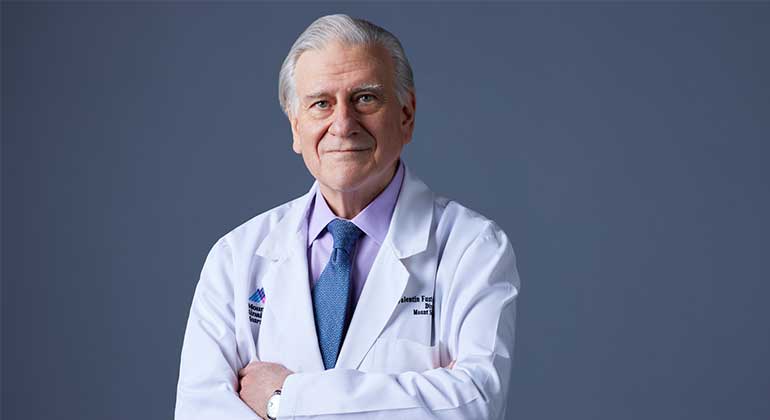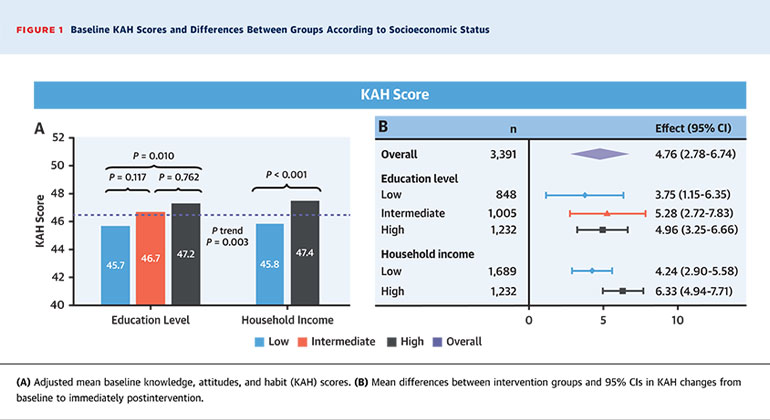Group Therapy is an Effective Way to Promote Cardiovascular Health
Peer group support, in the form of group therapy, was found to help improve healthy behavior in people with cardiovascular risk factors, according to a study released today by Valentin Fuster, MD, PhD, Director of Mount Sinai Heart and Physician-in-Chief of The Mount Sinai Hospital. Mount Sinai Heart is ranked No. 7 in the nation by U.S. News & World Report in its 2015 “Best Hospitals” issue.
The embargoed abstract was presented today at the AHA Scientific Sessions 2015 in Orlando, Florida, and will be published simultaneously by the Journal of American College of Cardiology (JACC), the world’s leading peer-reviewed journal on cardiovascular disease.
“Peer group support is a proven strategy for addressing substance abuse, eating disorders and chronic illness. We now have proof that peer group support also helps improve healthy behaviors in people who are at a higher risk for cardiovascular issues and has a significantly positive impact on smoking cessation,” Dr. Fuster said.
Researchers from the National Center for Cardiovascular Research (CNIC) in Madrid, Spain, the Barcelona-based Foundation for Science, Health and Education (SHE Foundation), and the Icahn School of Medicine at Mount Sinai followed 543 adults, aged 25-50, with at least one of the following cardiovascular disease risk factors: hypertension, overweight, smoking, and physical inactivity.
Over a three-month period, all participants took part in training and motivational group sessions aimed at promoting healthy lifestyle habits. These meetings focused on motivations for change, stress management, stopping smoking, a healthy diet, taking regular exercise, and self-control of blood pressure. From this shared starting point, the participants were then divided into two groups: 277 in the peer intervention group and 266 in the control group. Over the next 12 months, the intervention group met for monthly group-therapy sessions aimed at promoting changes in attitudes and behavior, encouraging participants to go beyond simple awareness and make real progress in the control of cardiovascular risk factors. The control group received individual medical check-ups during the same period.
After the training sessions at the start of the program, most participants (71 percent) showed an improvement in the Fuster-BEWAT index, irrespective of group assignment. The FUSTER-BEWAT score is a newly developed composite score related to blood pressure, exercise, weight, body mass index, fruit and vegetable consumption and smoking.
However, at subsequent stages, significant differences appeared between the intervention and control groups. In the intervention group, 67 percent of participants showed an improvement in cardiovascular risk factors, compared with 56 percent in the control group. The results were even more positive for tobacco consumption, with almost twice as many intervention-group participants stopping smoking (39 percent versus 20 percent). Similarly, 46 percent of the intervention group members increased their level of physical activity.
Continuing Education
According to the research team, the data confirm that although training in healthy habits is important and has a positive impact on health, these benefits tail off if not reinforced over time. A combination of education training and a peer-based intervention may be an effective strategy for enhancing the overall cardiovascular health in an adult at-risk population.
“We are currently evaluating peer-group intervention programs in different national and international socio-economic communities to see if the results are consistent,” said Dr. Fuster.
Abstract 20189 was presented at the AHA Scientific Sessions 2015 as Peer-group Intervention Improves Cardiovascular Risk Factors: A Randomized Controlled Trial.
About the Mount Sinai Health System
Mount Sinai Health System is one of the largest academic medical systems in the New York metro area, with 48,000 employees working across seven hospitals, more than 400 outpatient practices, more than 600 research and clinical labs, a school of nursing, and a leading school of medicine and graduate education. Mount Sinai advances health for all people, everywhere, by taking on the most complex health care challenges of our time—discovering and applying new scientific learning and knowledge; developing safer, more effective treatments; educating the next generation of medical leaders and innovators; and supporting local communities by delivering high-quality care to all who need it.
Through the integration of its hospitals, labs, and schools, Mount Sinai offers comprehensive health care solutions from birth through geriatrics, leveraging innovative approaches such as artificial intelligence and informatics while keeping patients’ medical and emotional needs at the center of all treatment. The Health System includes approximately 9,000 primary and specialty care physicians and 10 free-standing joint-venture centers throughout the five boroughs of New York City, Westchester, Long Island, and Florida. Hospitals within the System are consistently ranked by Newsweek’s® “The World’s Best Smart Hospitals, Best in State Hospitals, World Best Hospitals and Best Specialty Hospitals” and by U.S. News & World Report's® “Best Hospitals” and “Best Children’s Hospitals.” The Mount Sinai Hospital is on the U.S. News & World Report® “Best Hospitals” Honor Roll for 2025-2026.
For more information, visit https://www.mountsinai.org or find Mount Sinai on Facebook, Instagram, LinkedIn, X, and YouTube.

Valentin Fuster, MD, PhD, Receives Prestigious Award From World Heart Federation
May 28, 2024 View All Press Releases